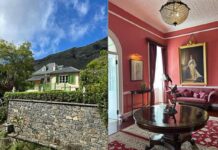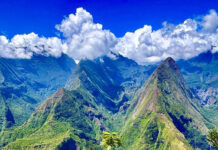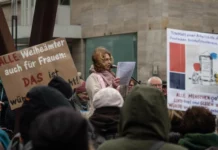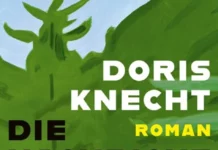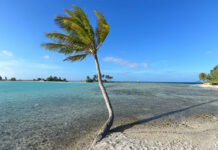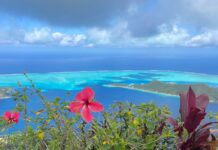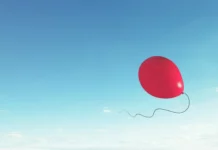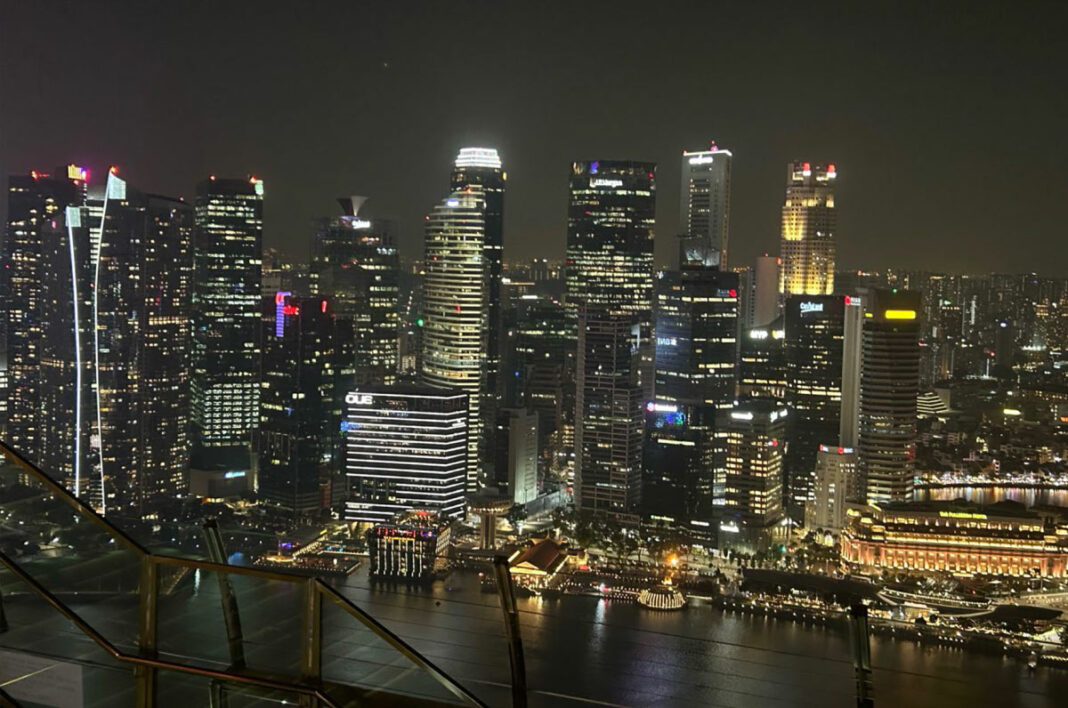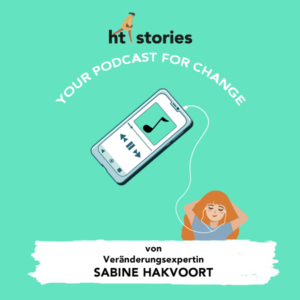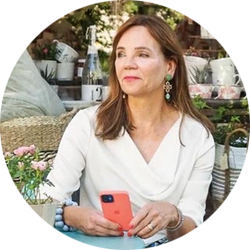It was exactly twenty-nine years ago that I moved to Singapore with my first child, who had just been born, to start my life as an expat wife, mother and no idea what else. I had previously given notice, so what was I supposed to do with a job in Düsseldorf when the end of this chapter of my life was still completely open. The trip to Frankfurt airport was tearful and so was the flight to Singapore into the night.
What followed were exciting months, characterised by adapting to humid heat and living with five million people from many nations on a built-up, luxurious island. Besides the heat shock, the culture shock was the bigger problem. Although English was the common language, theory and practice were worlds apart and the first social contacts with unfriendly and impatient taxi drivers, whose English pronunciation was completely incomprehensible, were frustrating. In the same way, the encounters with tradesmen and caretakers, my closest contacts besides the taxi drivers, took some getting used to.
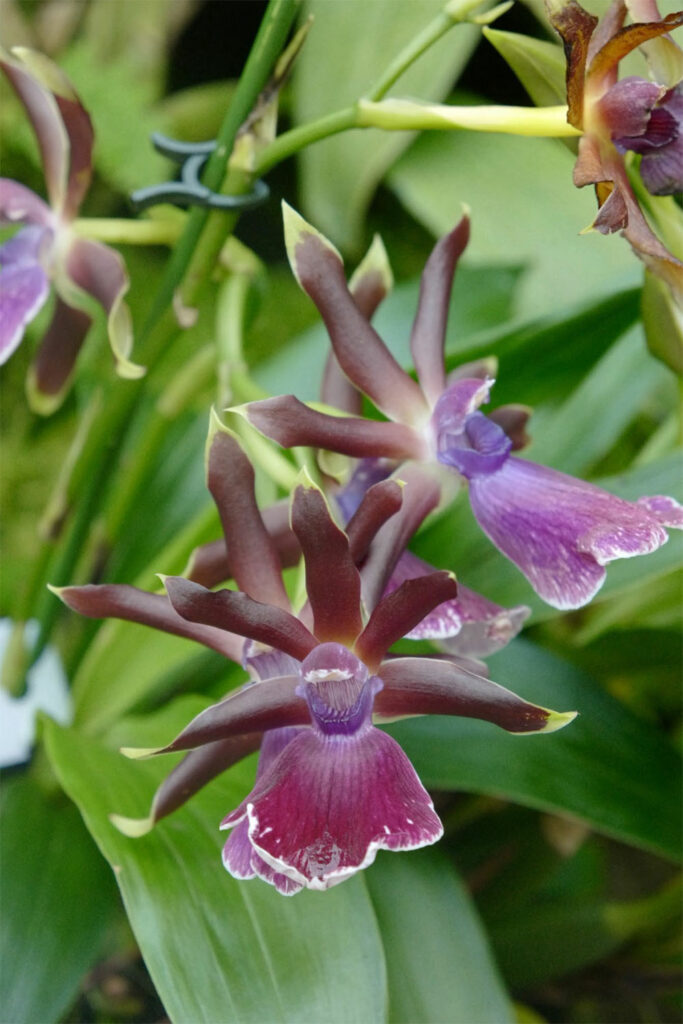
There were little havens, such as the Botanical Gardens with its incomparable orchid paradise or the East Coast, a long coastal path with a view of hundreds of container ships anchored there or passing by and where, back then, the many fish restaurants were overflowing with people in the evenings. Today it is a fitness park where the well-trained, mainly Chinese men, go jogging and cycling in the evenings. Unfortunately, only a few of the many fish restaurants remain. The famous ‘pepper crabs’ still exist, but you feel more like you’re in a fish laboratory than a restaurant.
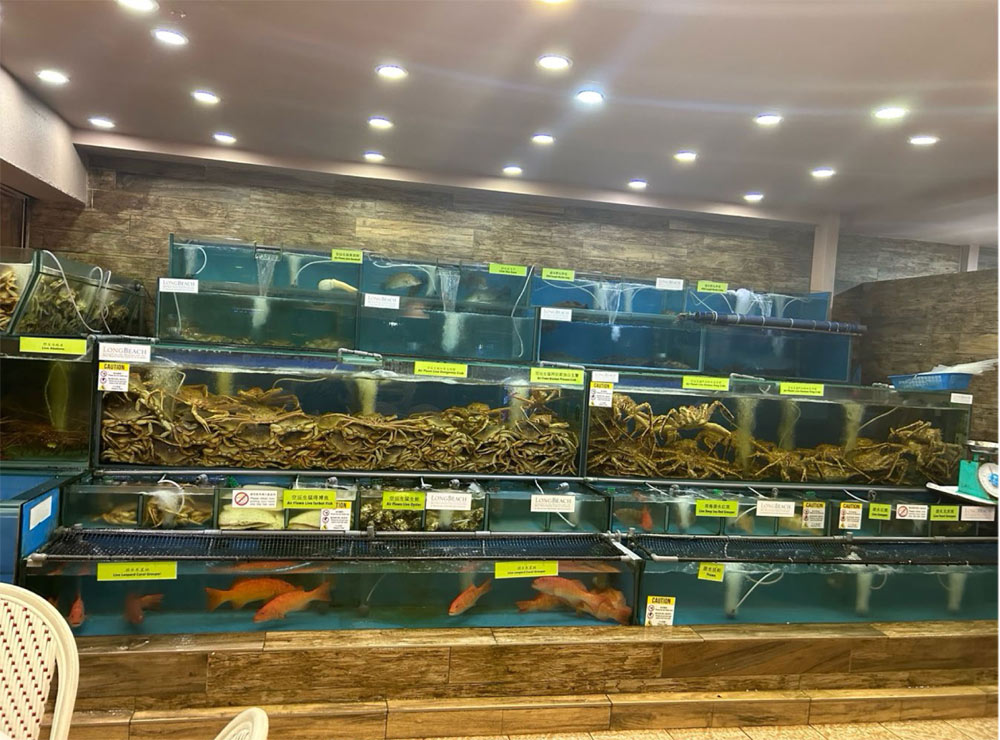
All in all, life felt like a pleasant and warm river rippling along. There was a huge range of goods and lots of help with the daily chores, but something was missing. There was a lack of socialising and meeting up with friends and family. Isolated and lonely were the ever-present background feelings of that time, which only changed very slowly.
There were other mums, there were clubs where contact could be made, there were playgroups. But it was difficult. The cultural backgrounds, individual needs and wishes for life in a foreign country were too different. Many did not last long and took time out to fly home. It was a constant coming and going, impossible to organise or predict. No sooner had you made friends with someone than it was over again, because you had to move on to another city or back home. The breakthrough came with the job at the Goethe Institute. The meaningful and challenging work, the colleagues and interesting encounters were a blessing. But as soon as I had established myself, I returned to Germany.
All these thoughts and memories run through my head as I walk through the city. The city has changed its face. New neighbourhoods have been added. Chic new hotels, a futuristic shopping centre and a casino stand on land reclaimed from the sea. Everything is possible here and everything is well-organised and clean. Life runs smoothly, hassle-free and perhaps not really exciting.
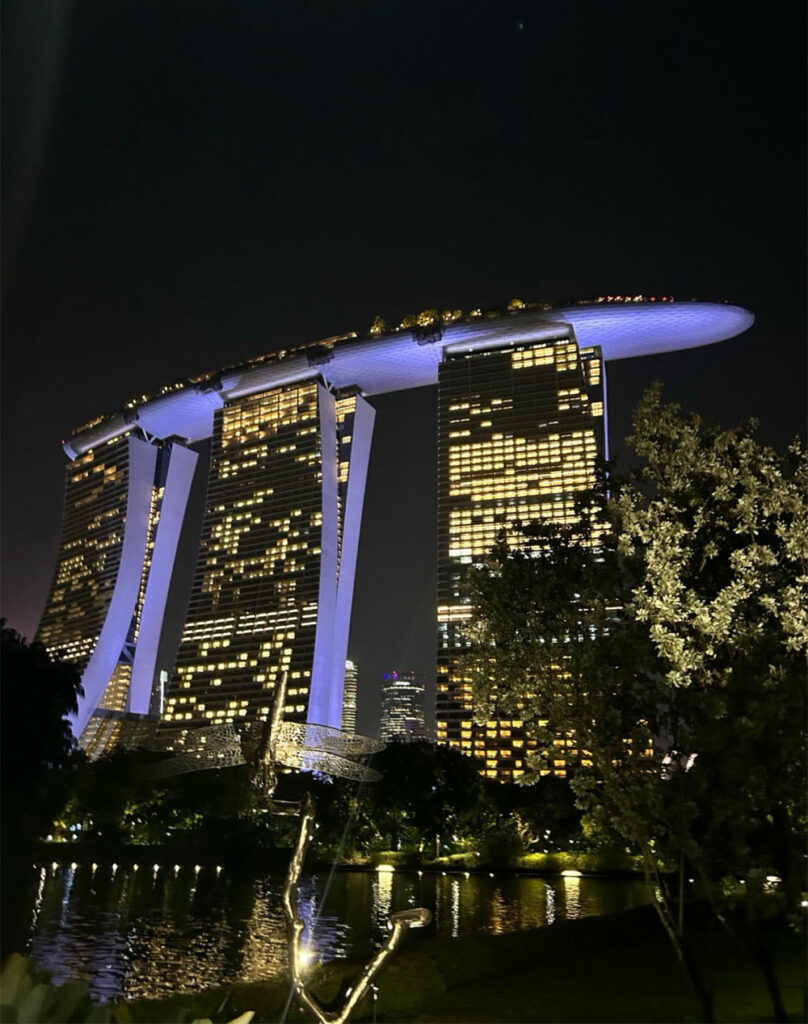
Plastic Odyssey
What is exciting, however, is the discovery of a special mission. An unusual steel ship is moored in our tranquil marina on Sentosa, with Plastic Odyssey written in large letters on it.
For days now, groups of visitors have been coming several times a day to be shown round the ship. They are schoolchildren, students and business people. That arouses curiosity. We are also invited and allowed on board. We are given a short special tour by Simon Bernard, who founded this company a few years ago together with Alexandre Dechelotte. They want to make the world a better place and collect plastic waste on their way across the oceans, which is extruded with the help of machines on board and processed into new products, such as roof tiles, pallets, and boards for chairs. These machines, which are relatively easy to operate and not expensive to buy, can be housed in containers.
Once set up, they require electricity and around twenty helping hands to be maintained as independent business units. Earning money, creating jobs and solving an environmental problem at the same time sounds too good to be true. But more and more countries are discovering the effectiveness of this uncomplicated concept and thanks to tireless educational work in schools and public authorities, the idea is spreading.
We are on the same route as the Plastic Odyssey travelling the world’s oceans and we have also seen a lot of plastic waste along the way. There are countries where rubbish is separated, where efforts are being made to protect the environment. But there are many others, such as the Dominican Republic and Indonesia, that are drowning in rubbish.
Here, everything is thrown into the sea without thinking about the fact that plastic doesn’t decompose but is washed up. Like on Henderson Island, for example, a beautiful, lonely paradise island in the Pacific, which was literally littered. Until Plastic Odyssey and its resourceful operators came up with the idea of using a paraglider to transport the collected rubbish over the previously insurmountable reef. The energy for this was provided by a motorbike that was stationary. The best way to see this Hollywood action is to watch the video on the website: https://plasticodyssey.org/en/ . We can only wish this endeavour every success and hope that many will follow their example.
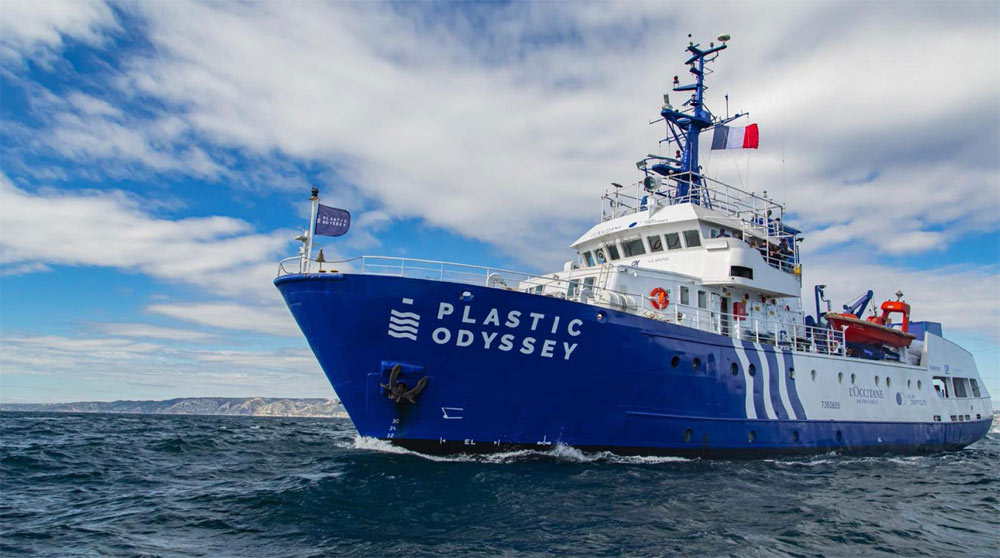
Full of positive energy and confidence that the world can perhaps be saved after all, we leave the expensive shopping paradise, which heats itself up faster than other cities with its millions of air conditioning units. https://www.faz.net/aktuell/politik/ausland/klimawandel-asiatische-megastaedte-heizen-sich-schneller-auf-16600896.html.
But we wouldn’t be in Asia if there wasn’t already an innovative solution. https://www.dw.com/de/singapur-gr%C3%BCne-k%C3%BChltechnik-gegen-tropische-temperaturen/video-59669066
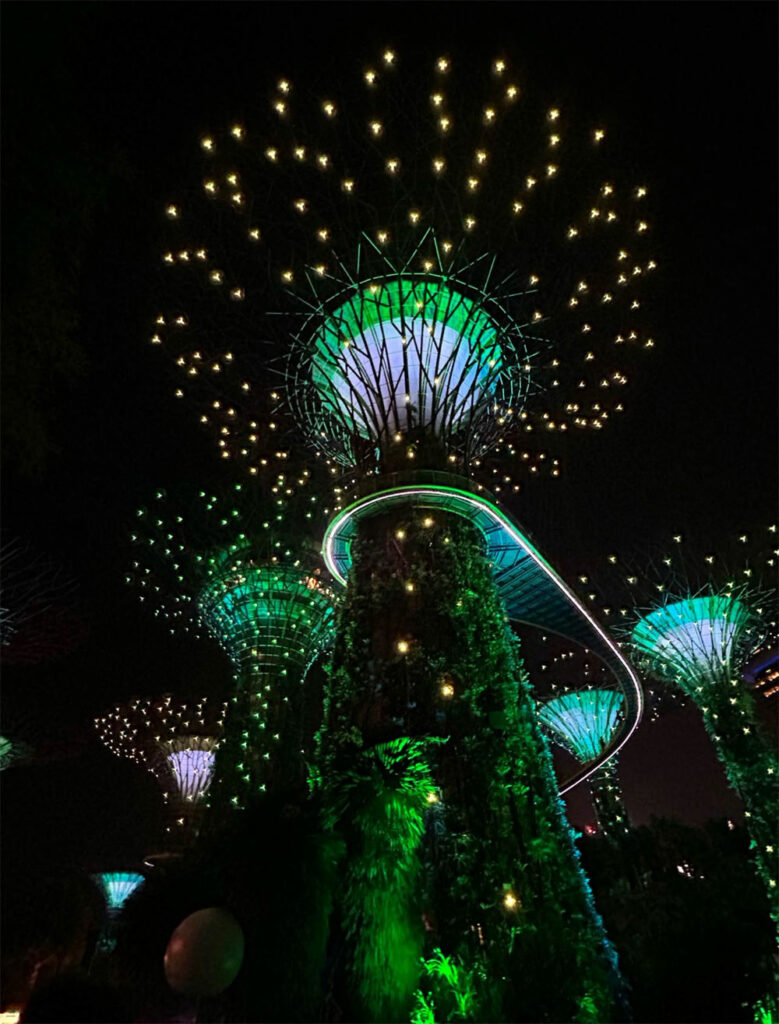
Like these cooling towers, for example. They provide climate compensation for the gigantic
Marina Bay Sands project, which was artificially created in the sea. Innovative environmental protection can also be beautiful and give the city and its people a visual gift in the evening with the help of light and music shows.

